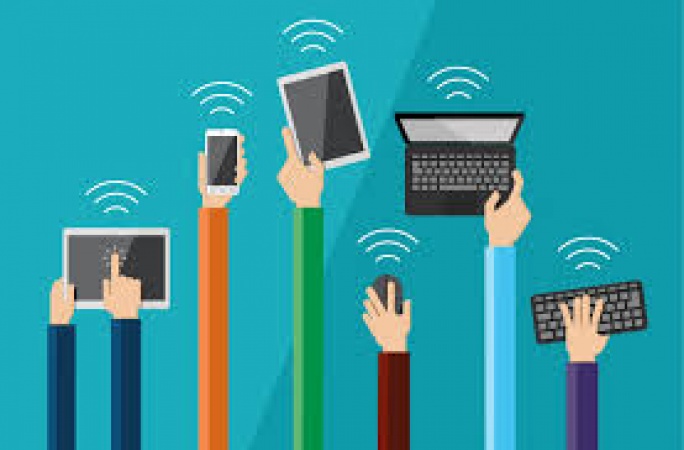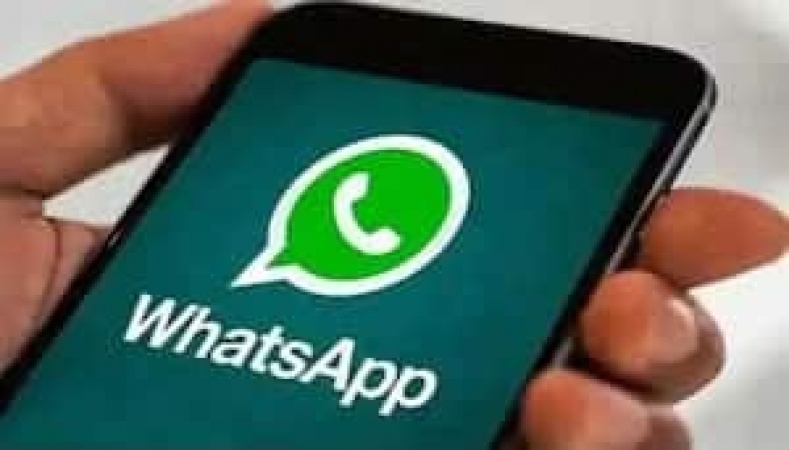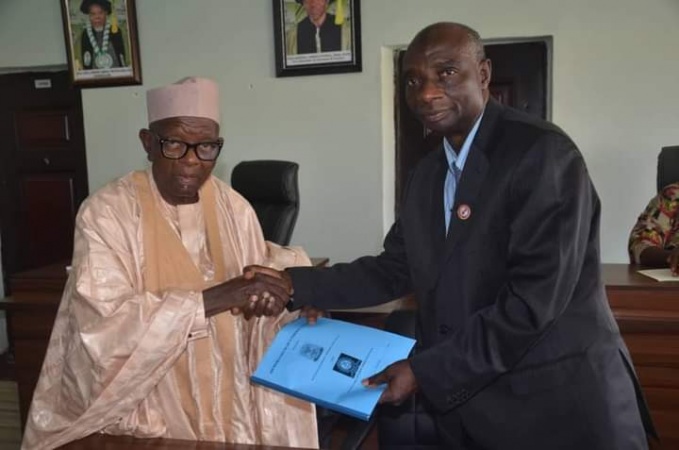Revisiting the quest for teachers upgrading Tech-driven knowledge in 21st century education —Part 2
Posted by Wilfred Onineh | 4 years ago | 1,358 times

There is a critical need for professional development programs to assist teachers in the transition to digital teaching and learning. Some teachers believe that up-to-date training on using technology in the classroom is important to achieve success in teaching and learning process.
The need for professional development extends beyond simply helping teachers become familiar with the basics of the technology. It requires an ongoing program to support, encourage and inspire teachers to explore the possibilities of technology while providing the necessary resources to transition to digital curriculum.
During the last 15 years, those in education have moved at light speed in the area of educational technology. Whether you are involved in higher education, secondary education, elementary education, or special education, all of us find it difficult to catch up, keep up, and put up with fast-moving computer-based technology. Not since the introduction of the blackboard have we seen a piece of equipment make such a difference in how we teach. Today, not only do we use computers, but we also have laptops, wireless laptops, and tablet PCs. In addition, we have the World Wide Web, scanners, CD burners, USB drives, digital cameras and digital video cameras, PDAs, as well as video and DVD players. And most educators use a variety of tools-including video, e-mail, desktop conferencing, online programs such as WebCT and Blackboard, zoom application as well as video conferencing-to teach.
Thus, it is no longer acceptable for educators to be technology illiterate. With that in mind, here is a comprehensive listing of the technology skills that every educator should have as computer and associated technologies continue to change and evolve, educators must continue to strive for excellence in their work.
Word Processing Skills
Educators should be able to use some type of word processing program to complete written tasks in a timely manner.
Spreadsheets Skills: Educators should be able to use some type of spreadsheet program to compile grades and chart data. See the following Web sites for helpful information and tutorials on these skills.
Database Skills: Educators should be able to use some type of database program to create tables, store and retrieve data, and query data.
Electronic Presentation Skills
Educators should be able to use electronic presentation software to create and give electronic presentations.
READ:Revisiting the quest for teachers upgrading Tech-driven knowledge in 21st century education —Part 1
World Wide Web Navigation Skills
Educators should be able to navigate the World Wide Web and search effectively for data on the Internet.
Website Design Skills
Educators should be able to design, create, and maintain a faculty/educator Web page/site.
Email Management Skills
Educators should be able to use email to communicate and be able to send attachments and create e-mail folders.
Digital Cameras Knowledge: Educators should know how to operate a digital camera and understand how digital imagery can be used.
Network knowledge applicable to your organization
Educators should know the basics of computer networks and understand how their school network works.
File Management & Windows Explorer Skills
All educators should be able to manage their computer files and be able to complete the following tasks; create, and delete files and folders, move and copy files and folders using the My Computer window and Windows Explorer
Downloading Software from the Web Knowledge - including e-Books: All educators should be able to download software from the web and know of the major sites that can be used for this purpose
Installing Computer Software onto a Computer System: Educators should be able to install computer software onto a computer system.
WebCT or Blackboard Teaching Skills
Educators should be aware of these two online teaching tools and know about them and/or know how to use them to teach or take classes.
Video Conferencing skills
Educators should be able to use a video conferencing classroom and understand the basics of teaching with Video Conferencing.
Computer Related Storage Devices Knowledge
Educators should understand and know how to use the following data storage devices: disks, CDs, USB drives, zip disks & DVDs.
Scanner Knowledge
Educators should know how to use a scanner and what OCR capacity is.
PDAs (Personal Digital Assistant) Knowledge: Educators should know what a PDA is and who to use one.
Deep Web Knowledge
Educators should know what the deep web is and how to use it as a resource tool
Educational Copyright Knowledge: Educators should understand the copyright issues related to education including multimedia and Web-based copyright issues.
Computer Security Knowledge
Educators should know about basic computer security issues related to education.
To this end, it is hereby recommended that; Government should procure and distribute ICT facilities to secondary schools. Teachers should de-emphasize the use of the chalk-talk method of instructional delivery since that method is obsolete and bear in mind that we are now in the era of information technology. Teachers should frequently integrate ICT to upgrade the teaching and learning process. Government should provide secondary schools with electrical power supply or stand-by generators to aid the use of ICT equipment. Government should organize workshops to train teachers to acquire necessary competences for incorporating ICT during instructional delivery. Occasionally, the Management of schools should invite specialists (educational technologists, instructional material technicians, computer experts, etc.) to assist the teachers in the effective utilization of ICT. Parents should be sensitised to encourage their wards to be ICT compliant.







